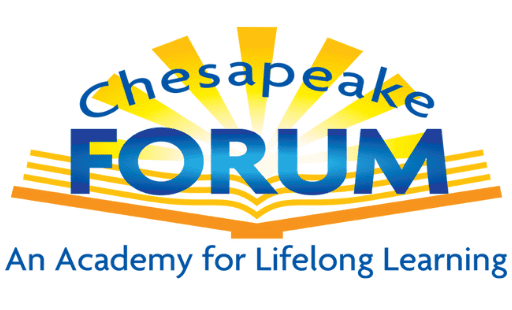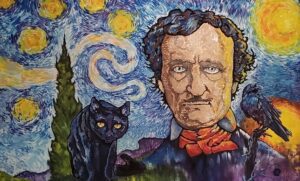Let Bev introduce you to William Faulkner’s fiction through an examination of some of his more accessible short stories: the stand-alone “A Rose for Emily” and from the novel, “Go Down, Moses’” the following stories appearing as chapters:
“Was,”
“The Fire and the Hearth,”
“Pantaloon in Black,”
“Barn Burning,” and
“That Evening Sun.”
Faulkner, winner of the Nobel Prize in Literature in 1949, is famously known for his acceptance speech, where he proclaimed that “I feel that this award was not made to me as a man, but to my work – a life’s work in the agony and sweat of the human spirit, not for glory and least of all for profit, but to create out of the materials of the human spirit something which did not exist before. So, this award is only mine in trust.” He went on to add that this was “a pinnacle from which I might be listened to by the young men and women already dedicated to the same anguish and travail, among whom is already that one who will someday stand here where I am standing.”
What are the nuances of his work, the old universal truths – love and honor and pity and pride and compassion and sacrifice that he felt such a duty to write about? Join Bev and find out!
What to Expect: Bev will lead a lively discussion of how Faulkner handled the universal truths in each of the selected short stories.
Feedback from Bev’s past courses:
“Enjoyed discussions in all of the sessions. Never enough time to discuss all of the short stories. Would sign up again.”
“I have never been good at parsing stories such as we were studying (I was terrible at English term papers in college), so it was beneficial to me to hear others analyze Hemingway’s stories.”
Course Links:




